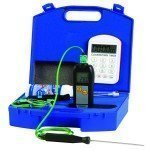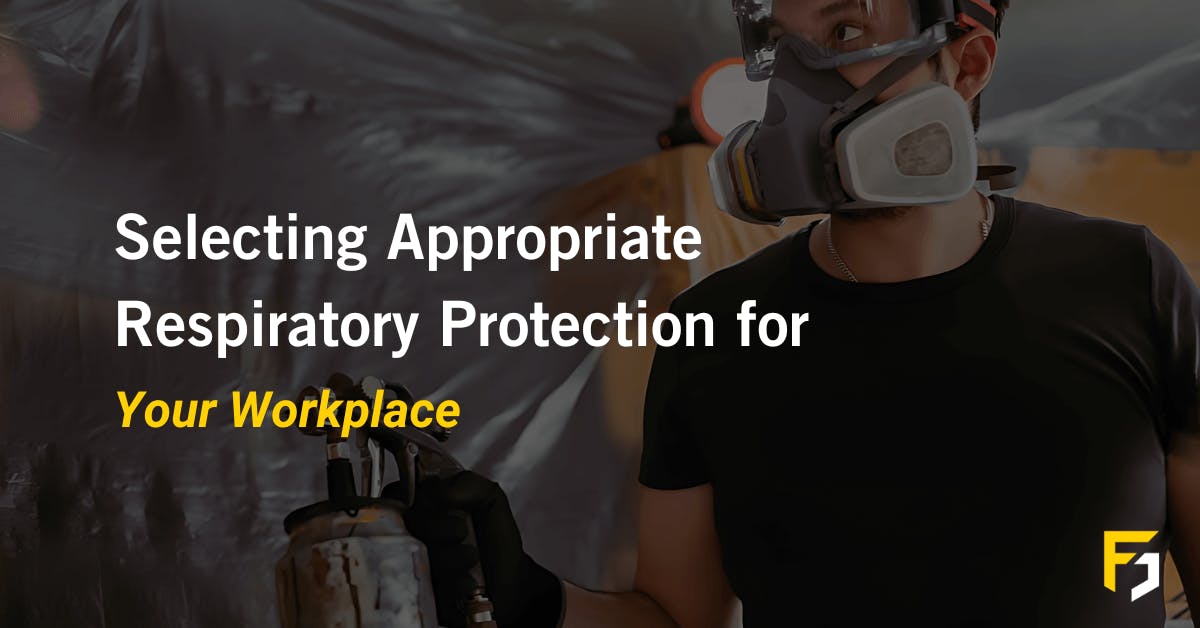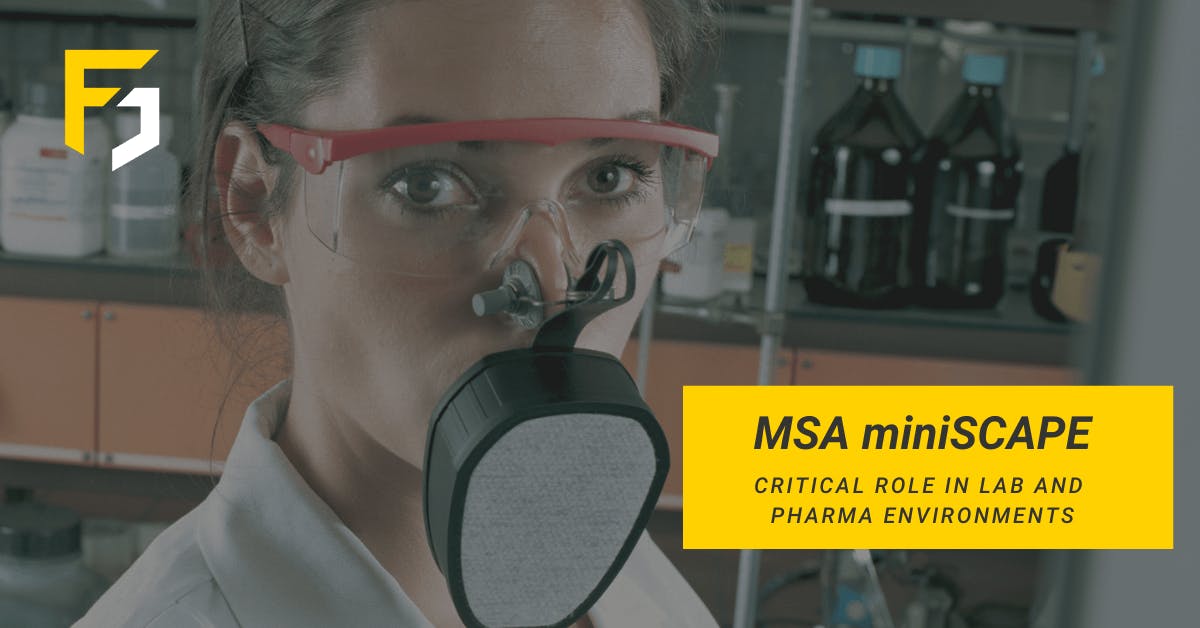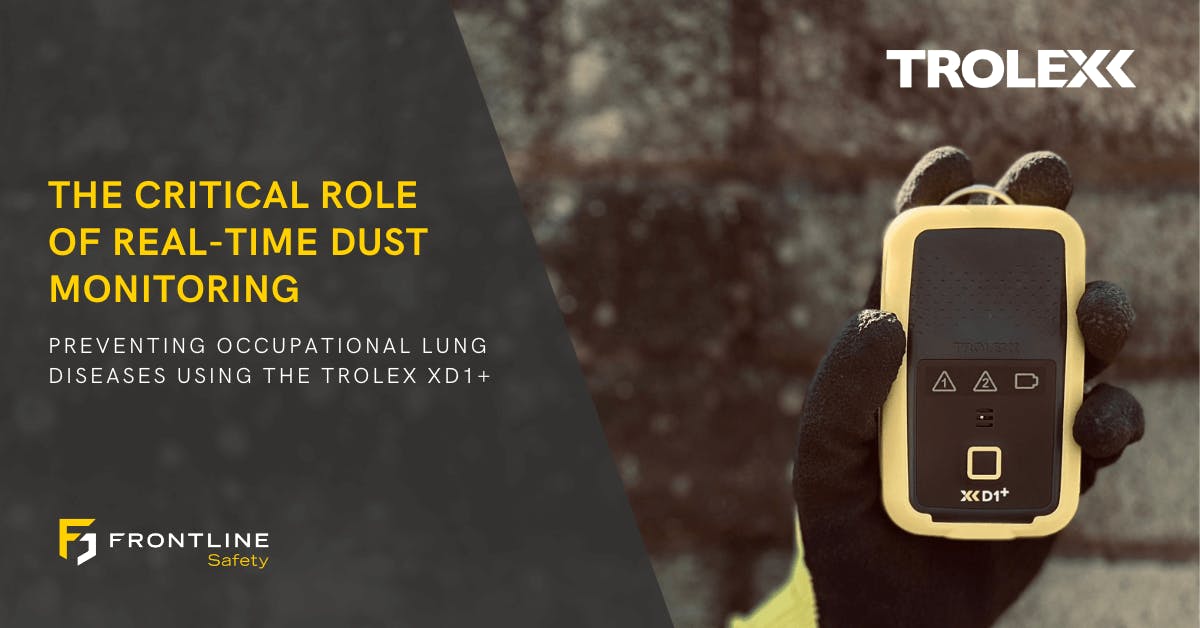
Scottish firms to receive HSE legionella risk management visits
Firms in Scotland will receive visits from the Health and Safety Executive to ensure they are taking the necessary steps to prevent legionella becoming a problem.
Firms operating in Scotland are set to have their safe working practices scrutinised by the Health and Safety Executive (HSE) in relation to legionella risk management.
While companies operating cooling towers and evaporative condensers might use gas detection equipment to ensure the safety of staff and visitors, they also have a responsibility to ensure legionella is not present.
The deadly bacterium is best known for causing Legionnaire's disease and was given its name after it was first identified in 1976.
Employers who manage premises with hot/cold water systems and/or a wet cooling system have a legal responsibility to identify any risk of contamination and to prevent of control it.
Frontline Safety now provides a range of instrumentation from ETI on their website which includes the Legionnaire's Thermometer Kit - used to monitor standing water and the surface of pipes and tanks that that form part of a water system.
There was widespread concern when 34 people died and hundreds fell ill following a meeting of the American Legion - a US military veterans' association - in Philadelphia, Pennsylvania within days of the 200th anniversary of the statement of independence, which was signed in the same city.
It was later found that the mysterious deaths were caused by an until-then unknown bacterium, which was then named legionella.
HSE director for Scotland and northern England David Snowball explained that the organisation is visiting businesses in Glasgow, North Ayrshire, Inverclyde and Renfrewshire to ensure they are protecting workers and the wide public from the dangers related to the bacterium.
"Our research has confirmed that cooling towers pose the biggest legionella risk. If we, or local authority inspectors, find that the appropriate controls are not in place, we will take enforcement action," he said.
"Inspections are a valuable part of our regulatory action. They are however no substitute for companies meeting their legal duties on a daily basis, given that legionella levels can increase to high levels in a matter of days or weeks."
Posted by Dawn Mitchell






